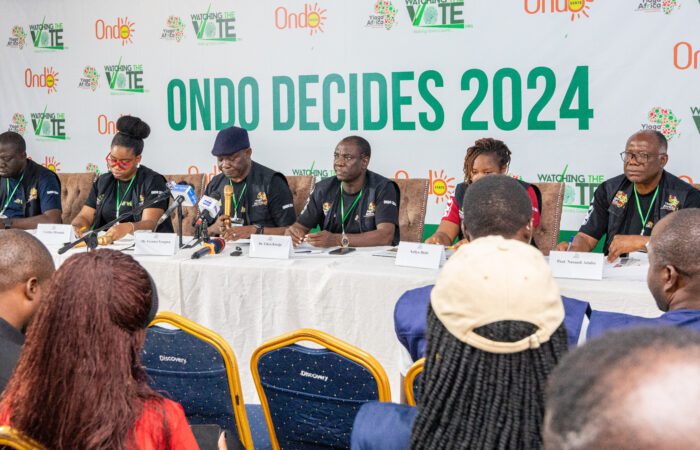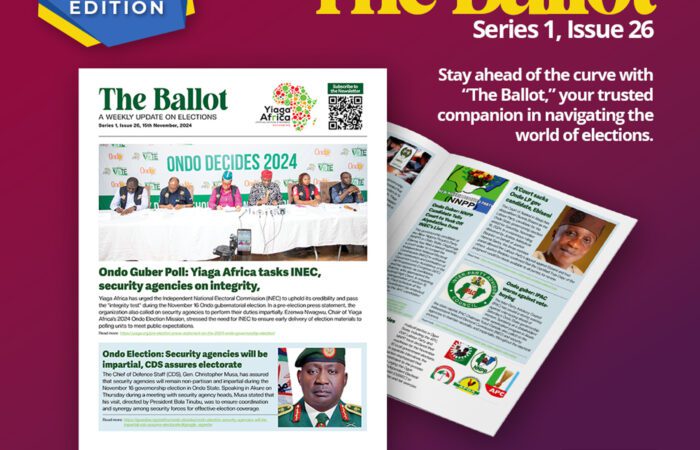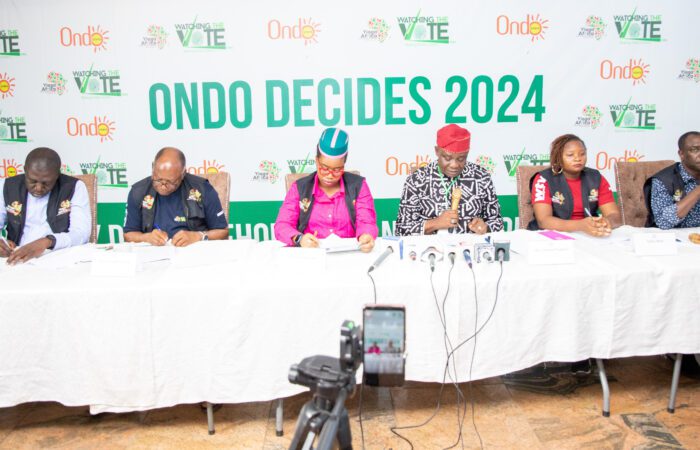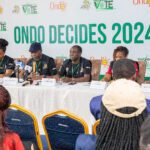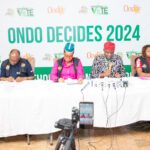The moment the Independent National Electoral Commission (INEC) released the timetable for the 2021 Anambra Governorship Elections, one would think the National Assembly would at least show more anxiety to resume from its recess and get to work to speed-up the passage of a new electoral act. Thus the news that the National Assembly has postponed its resumption from January 26th to February 9th, 2021 is not cheering news as far as the plight of the electoral amendment is concerned.
Recall that the National Assembly had initially promised to ensure passage of a new Independent National Electoral Commission to regulate the conduct of federal, state and area council elections and other related matters in December, 2020. However, this did not happen as the legislators understandably prioritized the passage of the 2021 budget even though there was ample time to consider an equally important legislation.
On 9th December 2020, the Joint National Assembly Committee on INEC held a public hearing to repeal the electoral amendment act 2010, and enact a new act for the commission to regulate conduct of elections. The public hearing was indeed a very vital step towards improving Nigeria’s electoral legal framework and thereby giving Nigerians an electoral law that will serve the good of everyone. The array of recommendations provided by Civil Society Organisations, groups and other stakeholders do not just go a long way to show the magnitude of loopholes in Nigeria’s electoral system, but the urgency needed to fix the system.
Civil Society Organisations like Yiaga Africa, Centre for Liberty, NESSACTION, Situation Room amongst others submitted memoranda with various recommendations. Some of the recommendations have to do with the independence of INEC, deployment of technology for elections, establishment of an Electoral Offences Commission, inclusion of women, youth and Persons with Disabilities. Other important recommendations have to do with diaspora voting and voting by Internally Displaced Persons, limitation of candidates’ nomination fees, and criteria and limitation of election expenses.
Establishment of an electoral offences commission will not just ensure effective prosecution of electoral offenders but also ease the commission of some of its burden that hasn’t enabled them function effectively. Recommendations on limitation of spending is also aimed to enable young people to participate in the process. Legalizing electronics could potentially enhance the integrity of elections and citizens’ participation as it will address some logistical challenges plaguing elections in Nigeria.
As a matter of fact, the Chairman of INEC, Professor Mahmood Yakubu, during a citizens’ town hall on electoral reform declared that the commission will adopt electronic voting for the November Anambra Governorship elections. The deployment of the INEC Result Viewing (IREV) during the Edo and Ondo Governorship election shows effort to automated voting system, however it needs a legal back up to fully implement.
While the Anambra Governorship election is coming up in November, activities leading up to the elections commence as early as June where political parties must conduct primaries or democratically nominate candidates for the elections. The commission and indeed political parties will no doubt need ample time to adjust to any new legislation that will impact on the political party primaries.
Nigerians looked forward to the passage with optimism as the Senate President, Ahmed Lawan has reiterated that the aim of the ninth assembly is to achieve all the targets set in the legislative agenda and the Electoral Amendment bill is part of it. According to him, there is nothing more important to any country than electing its leaders in a very free, transparent and accountable manner. But, with the resumption of plenary now February 6th and the need to consolidate all recommendations received from the public hearing, the March 2021 deadline for the passage of the electoral act may just be under scrutiny. Recent experiences of the legislative process in Nigeria may not necessarily suggest that lawmakers pass legislations of this nature with the needed pace.
Also, the bill will be sent to the President where it will undergo intensive review which may come back to the legislature for further review before final assent. Previous efforts to get the bill signed into law by the 8th National Assembly were futile with President Muhammadu Buhari rejecting it three times. One of the reasons behind the rejections according to the President is that, passing a new bill with elections close by could ‘create some uncertainty about the legislation to govern the process.”
This makes the responsibility of the Joint Committee on INEC and electoral matters even more tasking if they indeed want the new electoral law to be passed by the end of March, 2021 as promised. Since it doesn’t seem like lawmakers will resume earlier than planned, there is a need for lawmakers to intensify effort to consolidate recommendations, conduct reviews and other post-public hearing processes.
It is no brainer that the National Assembly must prioritize the election amendment bill and must be willing and committed to making the necessary sacrifice in the overall interest of the country for the timely passage of this bill.
Nigerians yearn for an improved electoral law that will not only guarantee the sanctity of votes but also lead to an increase in voter turnout during elections. Nigerians demand an electoral process where citizens can easily and freely participate and for elections where the rule of the minority does not result in the oppression of the majority. Missing another deadline will cast doubts over the willingness of the legislative arm to promote credible elections.
Moshood Isah is the Media Officer of Yiaga Africa
A Communication Expert and Credible Elections Advocate
He tweets @moshoodpm

